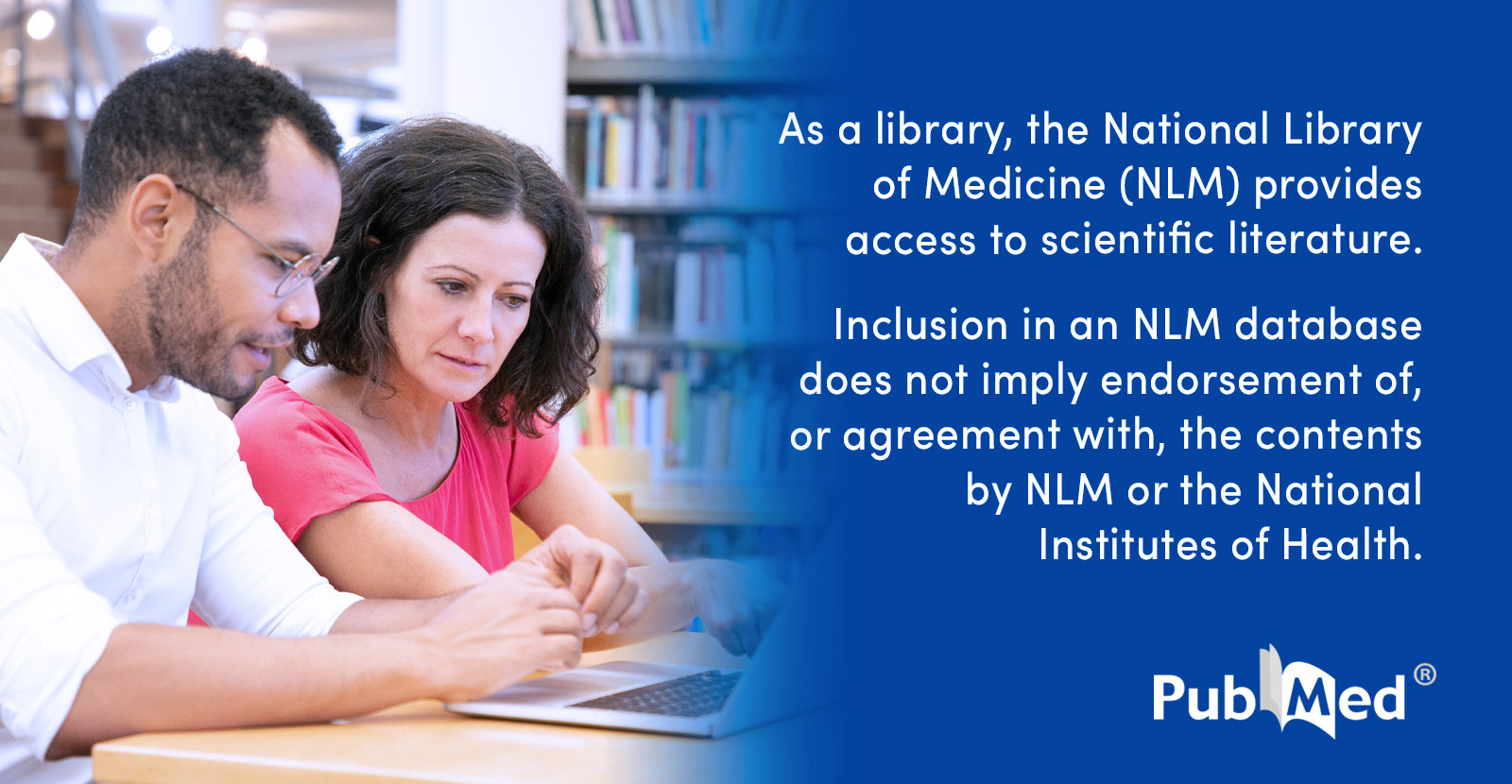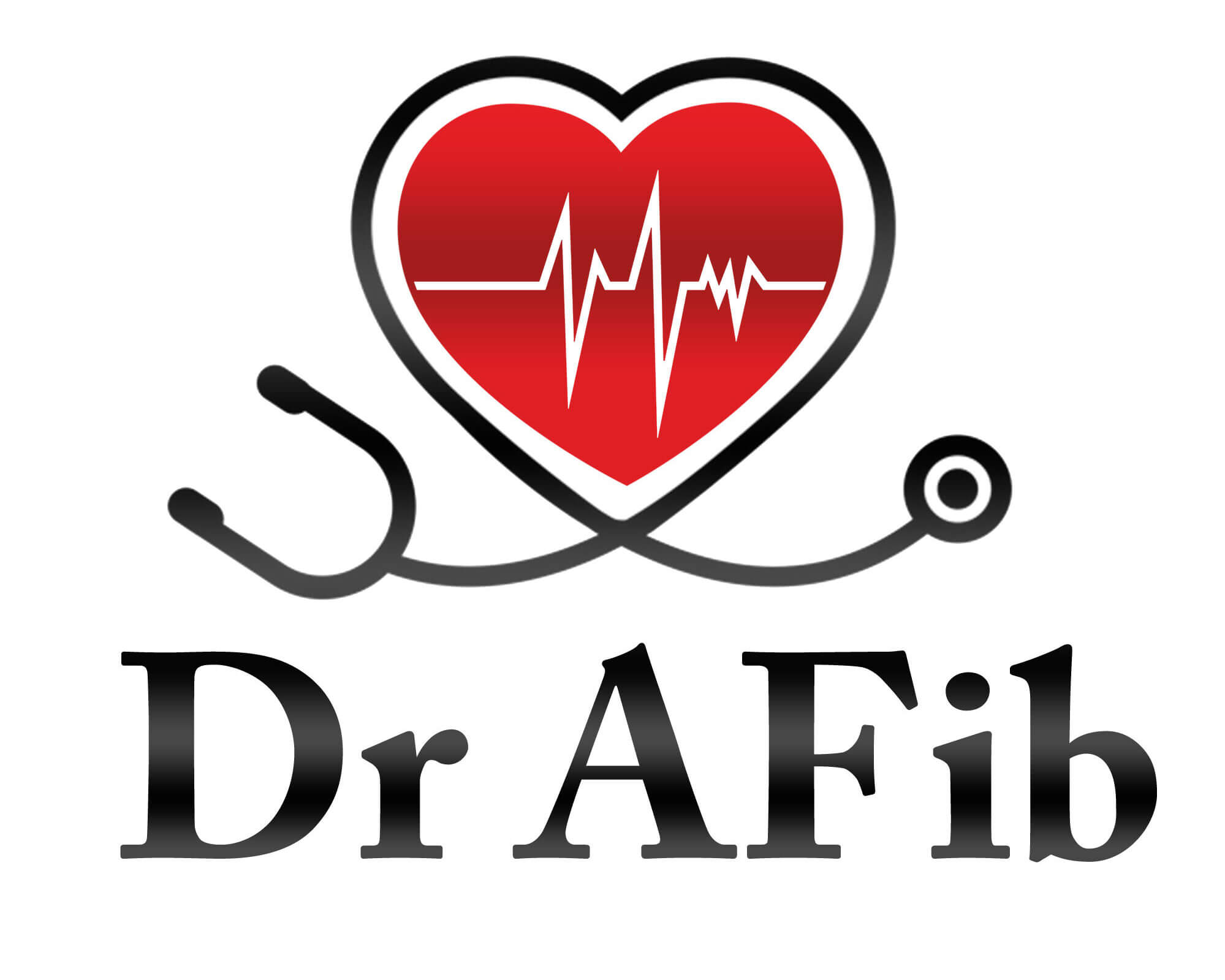Shute
New member
Fish oil (DHA + EPA) has a reputation for being heart-healthy, but some data are showing it can increase your chances of getting Atrial Fibrillation, or AFib. This is an electrical issue of the heart whereby your a node of your heart essentially goes haywire and starts sending out erratic electrical signals to your atria, causing rapid heart beat and palpitations. Some of these attacks terminate on their own after several hours or days, others require medication or electric cardioversion in the hospital ED. Having Afib increases your chance of getting a stroke by over 5x, as your blood does not circulate in the heart correctly and is prone to clotting.
Study below was a large meta-analysis showing an increased risk with higher doses of fish oil. Note the average age of the test subjects are 65, but still concerning.

 pubmed.ncbi.nlm.nih.gov
pubmed.ncbi.nlm.nih.gov
Quick review by an electrophysiologist (specialist cardiologist) of some of the literature out there

 drafib.com
drafib.com
It's been a while, but I recall seeing some literature that certain AAS increase your risk for Afib and ventricular arrythmia as well, so something to keep an eye on.
If you have a family history of AFib, or have any of the risk factors that predispose you to it, it may be a consideration to have a discussion with a cardiologist (not GP) to see if the risk/reward is worth it for fish oil
Shute
Study below was a large meta-analysis showing an increased risk with higher doses of fish oil. Note the average age of the test subjects are 65, but still concerning.

Effect of Long-Term Marine ɷ-3 Fatty Acids Supplementation on the Risk of Atrial Fibrillation in Randomized Controlled Trials of Cardiovascular Outcomes: A Systematic Review and Meta-Analysis - PubMed
In RCTs examining cardiovascular outcomes, marine ɷ-3 supplementation was associated with an increased risk of AF. The risk appeared to be greater in trials testing >1 g/d.
Quick review by an electrophysiologist (specialist cardiologist) of some of the literature out there

Fish Oil and Atrial Fibrillation - Dr. AFib
Delve into the extensive examination of the potential risks associated with high-dose fish oil supplementation for heart health, which encompasses its connection to atrial fibrillation, a common heart rhythm disorder characterized by irregular and rapid beating of the atria. This comprehensive...
 drafib.com
drafib.com
It's been a while, but I recall seeing some literature that certain AAS increase your risk for Afib and ventricular arrythmia as well, so something to keep an eye on.
If you have a family history of AFib, or have any of the risk factors that predispose you to it, it may be a consideration to have a discussion with a cardiologist (not GP) to see if the risk/reward is worth it for fish oil
Shute

